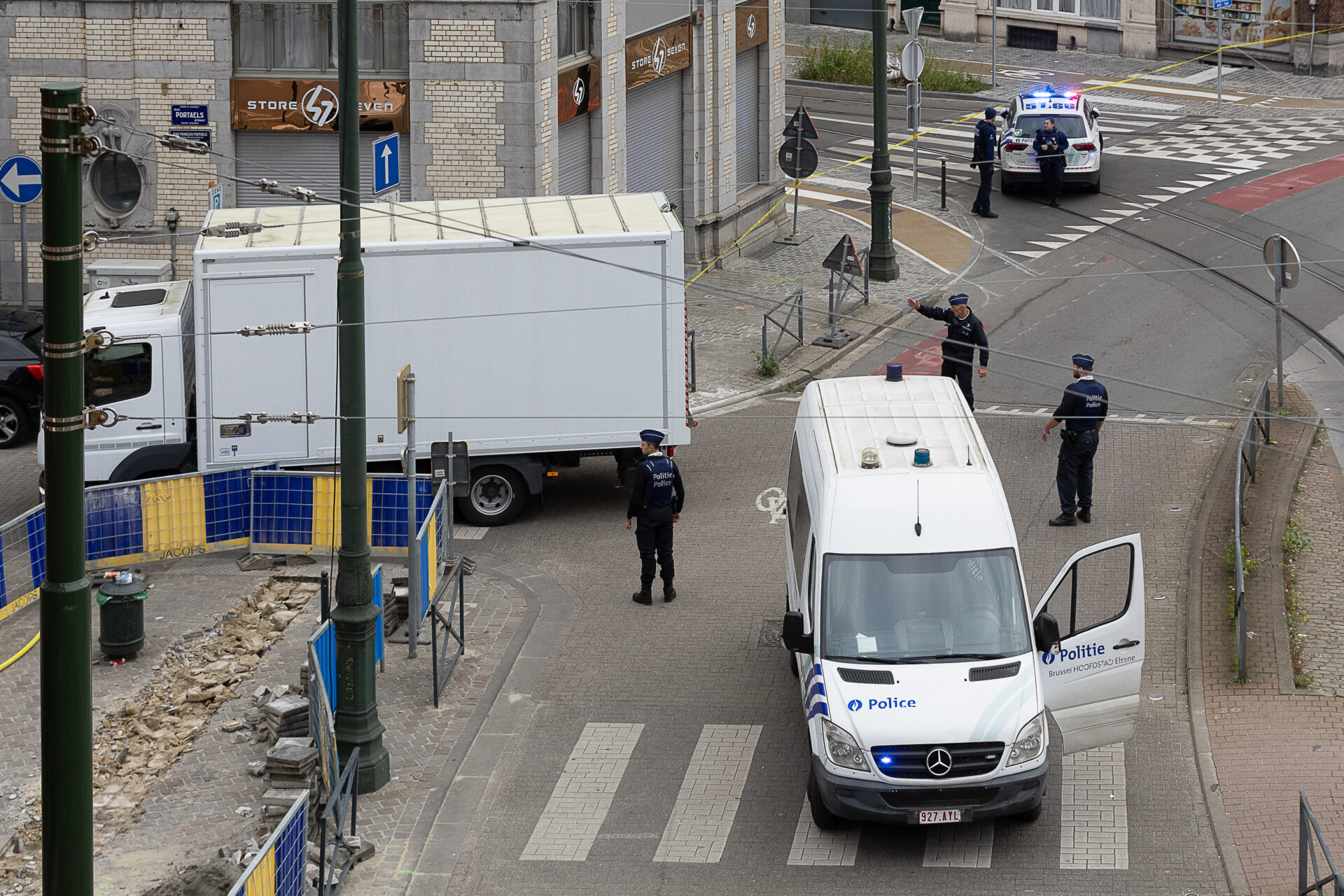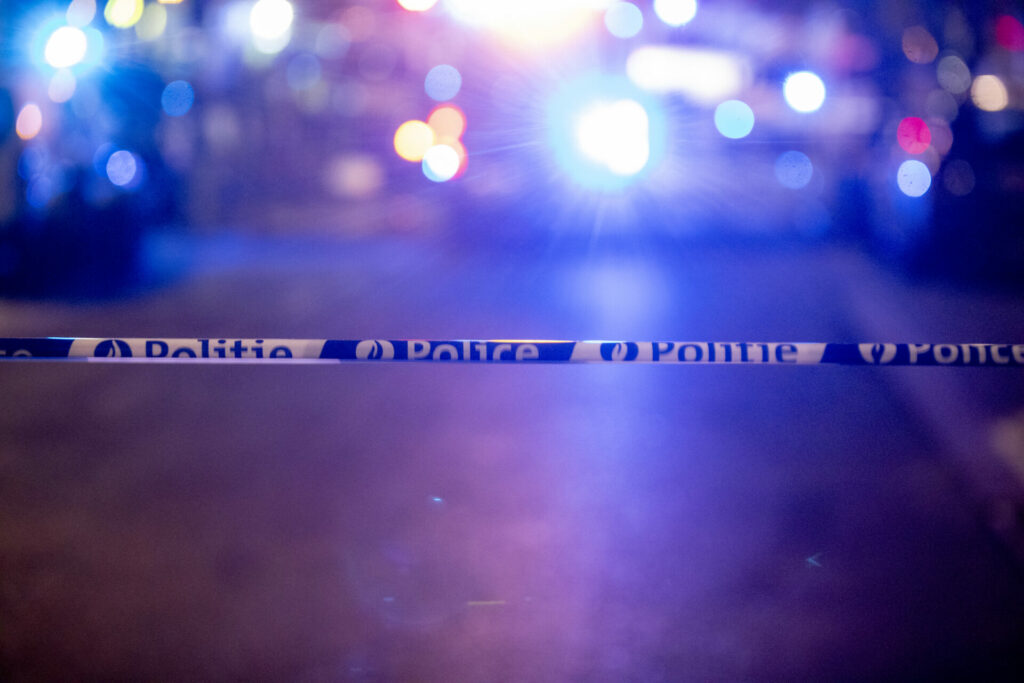After last Monday’s deadly terror attack, the number of false alarms for terrorism in Brussels and Belgium has grown exponentially.
Since Wednesday, rumours and alerts of all kinds have been keeping Belgian police forces busy, as a general sense of fear and shock lingers across the country against the backdrop of the terror attack in Brussels.
A man was reported as having been seen with a weapon on the Brussels tram 7 on Thursday morning, bomb threats closed down schools in both La Louvière and Flemish Brabant, rumours of a man wearing an explosive waistcoat in a white van the day before.
However, nothing has been confirmed after the checks carried out by the forces of law and order. The police went to the scene of the Brussels tram 7 but it emerged that after surveillance camera images were analysed they could not identify the alleged armed man, which has been confirmed as having been a false alarm.
On the same day, a bomb threat was reported at the Institut Sainte-Marie in La Louvière, which also turned out to be false. In the afternoon, an internet user contacted RTBF after having heard detonations at Mérode station, Yet, in this case it was firecrackers thrown inside the Brussels metro station. Rumours of a man seen wearing an explosive vest and driving through the streets of Brussels are still circulating on social media, but no one has been able to confirm the report.
Like in 2016
Police zones were expecting this kind of phenomenon after Monday, and insist that all reports are always investigated.
"We had already experienced these calls, these false alarms after the Brussels attacks in 2016," explains another police zone manager to RTBF. Social networks, which were already present at the time, continue to play an amplifying role. "The slightest rumour can be relayed at lightning speed."

Police officers at the scene of where Monday's terror attack perpetrator was discovered. Credit: Belga / James Arthur Gekiere
It is also important to distinguish bomb threats from rumours. Even if there is no bomb or explosive, the alerts issued are real, forcing the police and institutions to react, as in the case of the evacuated Louviere school.
The law in Belgium is strict when it comes to bomb threats: perpetrators risk a prison sentence of three months to two years and a fine of up to €1,800. They are also liable to civil proceedings, some of which can be substantial.
While bomb scares are real, experts insist that it is not a question of blaming or judging the people who raise the alarm. "This kind of reaction is natural after an event like an attack," Olivier Klein, professor of social psychology at ULB, told RTBF.
Related News
- Brussels terror attack boosts support for Belgium's far-right
- 'Belgium has been neglecting its security for years', magistrate claims
- Brussels terror attack: Threat level for Brussels lowered to three
But it all adds fuel to the fire: "This attack has facilitated a certain vision of the world. In the end, we wear glasses that make us see the world more from the angle of the threat," said Klein. "We interpret the things around us according to this frame... We interpret reality from the angle of danger, of threat, much more easily. Studies show that being in this frame of mind can lead us to overestimate the danger posed by completely harmless things."
Links are even sometimes made with racial stereotypes. "Studies in the United States show that there is a tendency to imagine a gun more in the hands of a black person than in those of a white person," he concludes.

